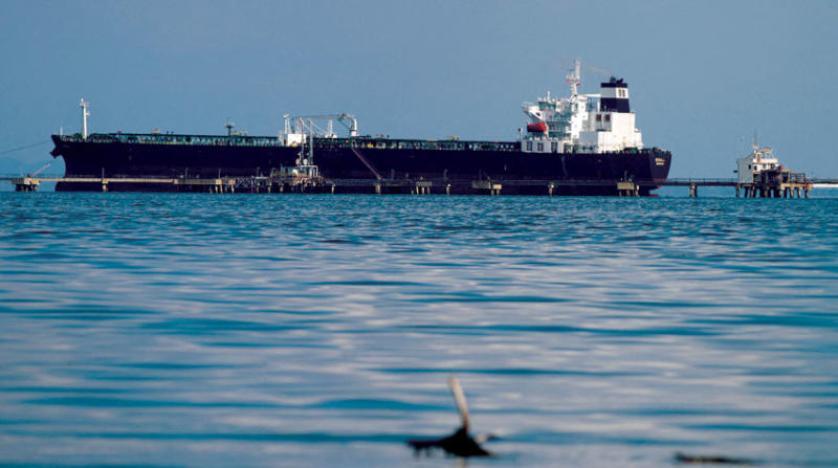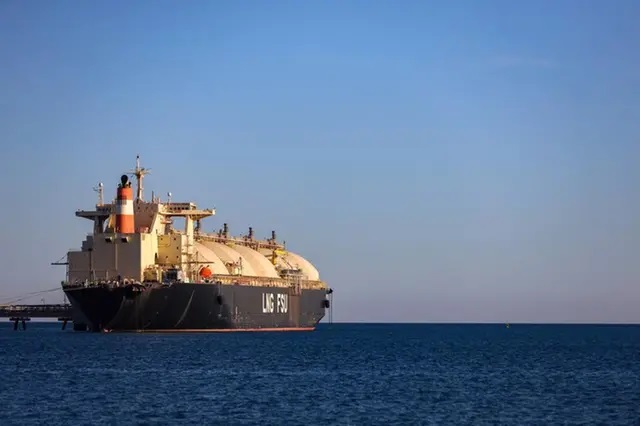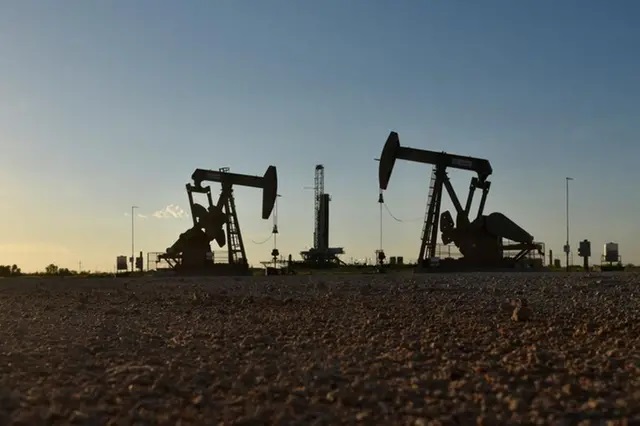International
OPEC: We Do Not Target Oil Prices, IEA Should be Very Careful
Published on : 2023-04-28

The International Energy Agency (IEA) should be "very careful" about discouraging investment in the oil industry, which was vital for global economic growth, announced OPEC Secretary General Haitham al-Ghais.
Ghais warned that such statements could lead to oil market volatility in the future.
He said that the Organization of the Petroleum Exporting Countries (OPEC) and its allies, including Russia, a group known as OPEC+, were not targeting oil prices but focusing on market fundamentals.
He warned that finger-pointing and misrepresenting the actions of the oil exporters and their allies was "counter-productive."
IEA Executive Director Fatih Birol has been critical of the OPEC+ group's surprise announcement of production cuts of 1.66 million barrels per day (bpd) from May until the end of 2023.
In an interview with Bloomberg on Wednesday, Birol said OPEC should be careful about pushing oil prices up as that would translate into a weaker global economy.
If anything would lead to future volatility, it is the IEA's repeated calls to stop investing in oil, knowing that all data-driven outlooks envisage the need for more of this precious commodity to fuel global economic growth and prosperity in the decades to come, especially in the developing world, added Birol.
On Thursday, Ghais said blaming oil for inflation was "erroneous and technically incorrect" and that the IEA's repeated calls to stop investing in oil is what would lead to market volatility.
Saudi Arabia also blamed the IEA and its initial predictions for a 3 million bpd fall in Russian production on the back of the Ukraine invasion last year for Washington's decision to sell oil from its reserves.
Russian Deputy Prime Alexander Novak said on Thursday that the OPEC+ group of leading oil producers saw no need for further output cuts despite lower-than-expected Chinese demand but that the organization can constantly adjust policy if necessary.
He stressed that Russia reached its targeted output this month after announcing cuts of 500,000 bpd, or five percent of its oil production, until the year-end.
Russia is part of the OPEC+ group of oil-producing countries that announced a combined reduction of around 1.16 million bpd earlier this month, a surprise decision the US described as unwise.
Novak added that Russian oil and gas condensate production is expected to decline to around 515 million tons (10.3 million bpd) this year from 535 million tons in 2022, broadly in line with a Reuters report this week.
Asked if the group needed to lower its output further because of falling oil prices, Novak replied: "Well, no, of course not because we only made a decision (on the reduction) a month ago, and it will come into force from May for those countries that have joined."
He added that OPEC+ did not expect a shortage in oil supplies in global markets after production cuts, as expected by the International Energy Agency.
Russia maintained its oil production and exports by increasing sales outside of Europe following the severe Western sanctions over the Ukraine war.
Novak said that Russia would this year divert to Asia 140 million tons of oil and oil products that previously would have headed to Europe. He also said Russia would supply 80 million tons and 90 million tons of oil and oil products to the West in 2023.
Meanwhile, oil prices rose on Thursday, recouping earlier losses fueled by fears of a recession in the US and increased Russian oil exports, which offset the impact of OPEC production cuts.
New orders for key US-manufactured capital goods fell more than expected in March, and shipments declined.
US Energy Information Administration (EIA) data showing US crude inventories fell last week by 5.1 million barrels to 460.9 million barrels helped to limit the price fall, far exceeding analyst forecasts of a 1.5 million drop in a Reuters poll.
OPEC's share of India's oil imports fell fastest in 2022/23 to the lowest in at least 22 years, as intake of cheaper Russian oil surged, data from industry sources show.
Sources said that oil loading from western Russian ports in April would be the highest since 2019, exceeding 2.4 million bpd, despite Moscow's pledge to reduce production.
Moscow has also increased fuel supplies to Türkiye, Asia, Africa, the Middle East, and Latin America.







